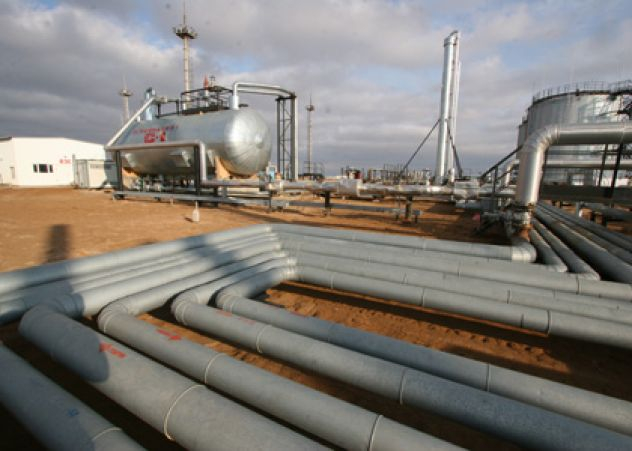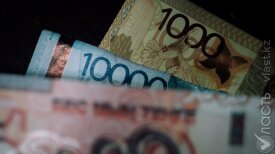Now former energy minister Bolat Akchulakov said on April 3 that gasoline production in Kazakhstan remains steady, just as the latest fuel shortages plagued gas stations in several cities around the country.
The same day, his last in office, Akchulakov also warned that the price of gasoline and diesel fuel at the pump would increase significantly (11% and 20% respectively). Prices on liquefied natural gas (LPG) in several regions will also rise, the government said.
Motorists are baffled, as history repeats once again.
In early 2014, after yet another season of fuel shortages, then-President Nursultan Nazarbayev said that Kazakhstan needed a fourth oil refinery.
“We are an oil-producing country. This is nonsense,” he said.
Logistical plans, though, constantly changed. From Aktau to Turkistan, to a village near Petropavl, the government proposed several different spots.
In 2017, as long lines of cars formed across the country in search for a gas station that would sell fuel, then-energy minister Kanat Bozumbayev infamously said “there is no fuel shortage in the country”.
Every time there is a shortage locally, the government then has to buy more gasoline from neighboring Russia to fill the gap.
The government’s plans to modernize the three existing refineries have gone beyond schedule and beyond budget, with repairs and constant fixes becoming increasingly expensive and inefficient in Atyrau, Shymkent, and Pavlodar. Two years ago, President Kassym-Jomart Tokayev accused the management of these refineries of “engaging in money laundering”. In 2022, the former directors of the Atyrau and Pavlodar refineries were sentenced for abuse of power.
In addition, Kazakhstan’s government has lagged behind in devising policies to reduce surface transport and curb car use.
Older, inefficient, foreign-bought cars were at the center of a scandal, as the government tried to impose a tax on their registration and motorists demonstrated against the measure.
In January 2022, the sudden hike in LPG prices became the spark that lit up protests across Mangistau, which then spread across the country and were repressed by the authorities in what became known as Qandy Qantar (Kazakh for ‘Bloody January’). After the protests were quashed, the government backtracked on fuel price inflation.
Every year, the ministry of energy says that the construction of a fourth refinery is under review, and that the short-term solution would be to increase capacity at the Shymkent refinery.
Akchulakov was one of the two ministers to lose his job after the March 19 parliamentary elections. But communication from the government is unlikely to improve. From the corridors in Astana and the refineries’ press releases we will always hear that the situation is improving and there are no shortages. And that the completion of the next big project is just a few years ahead.
Поддержите журналистику, которой доверяют.








